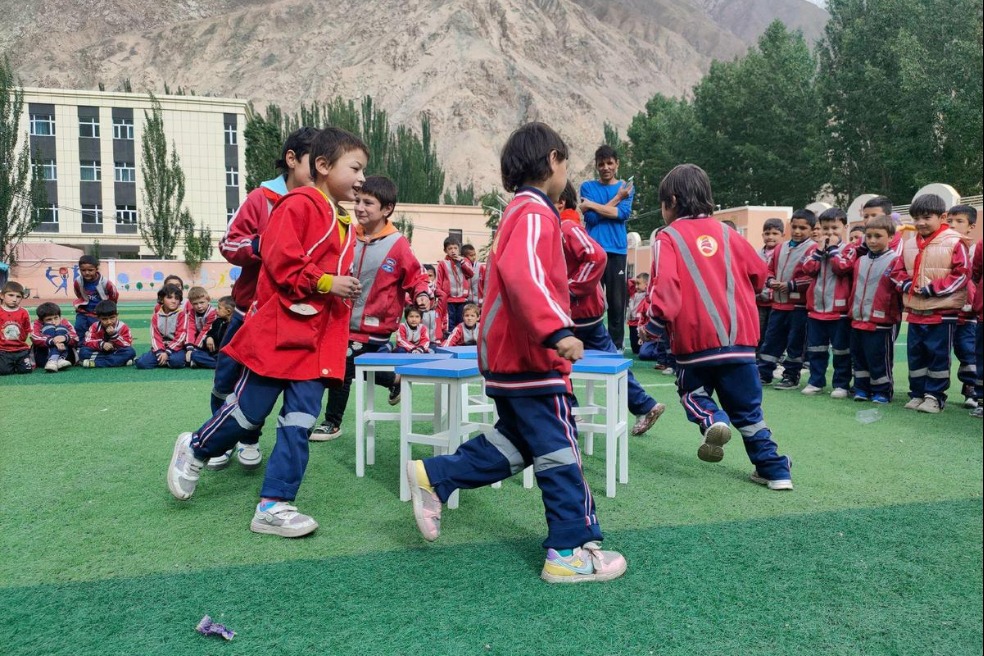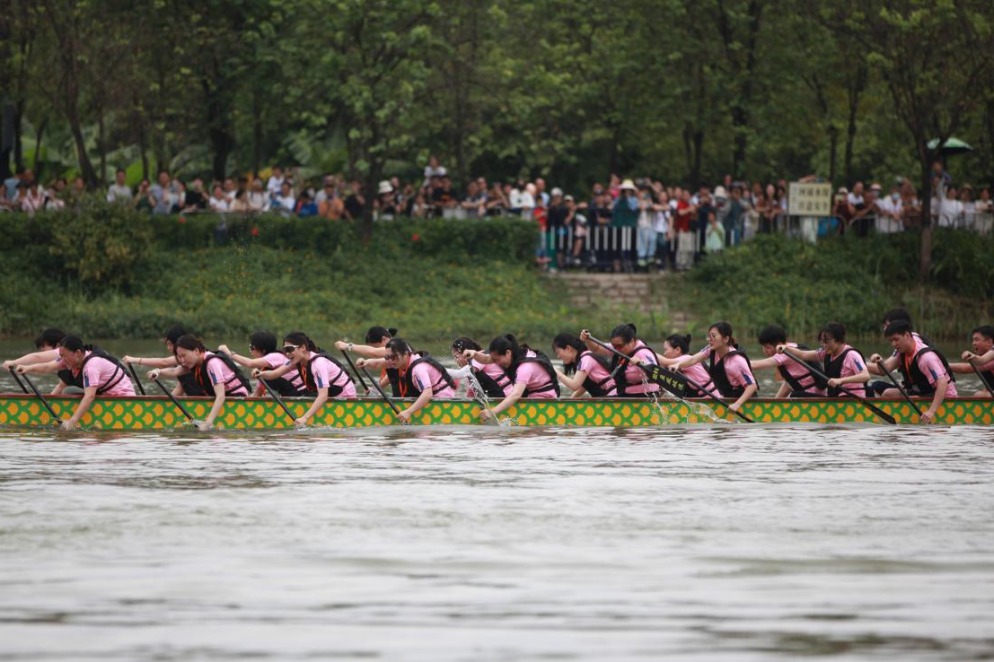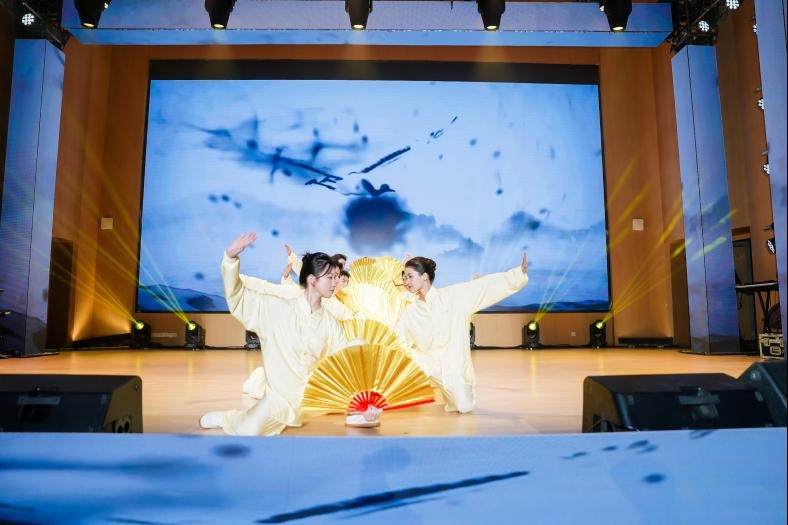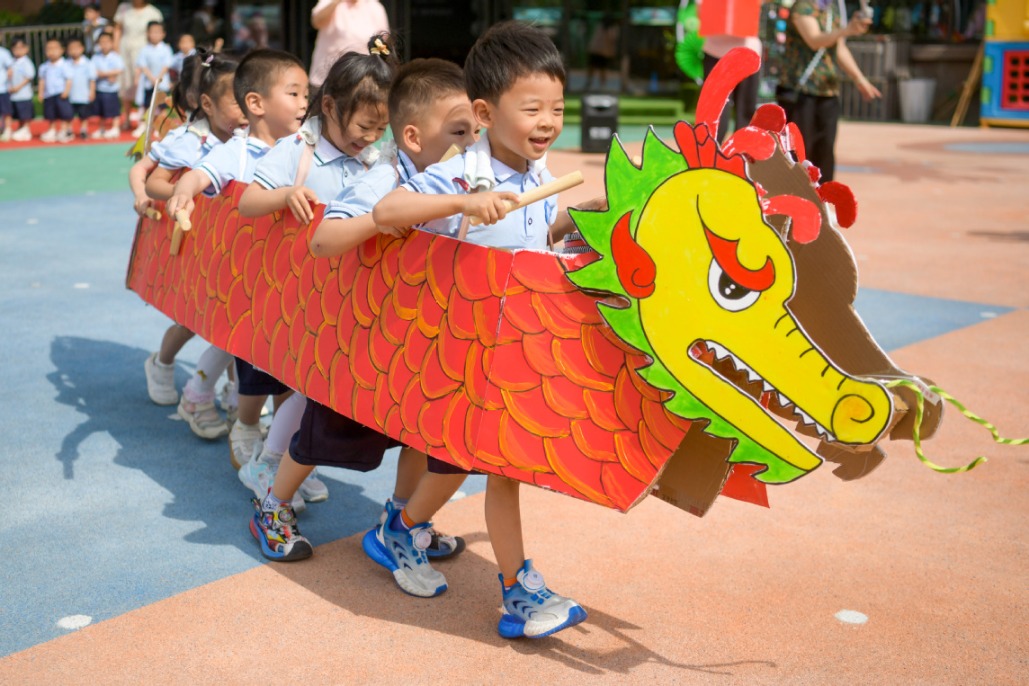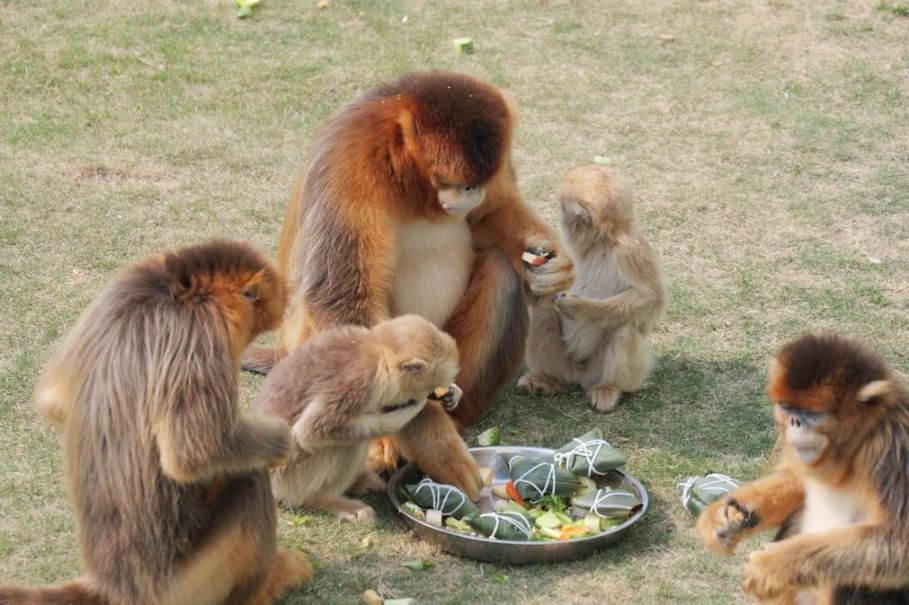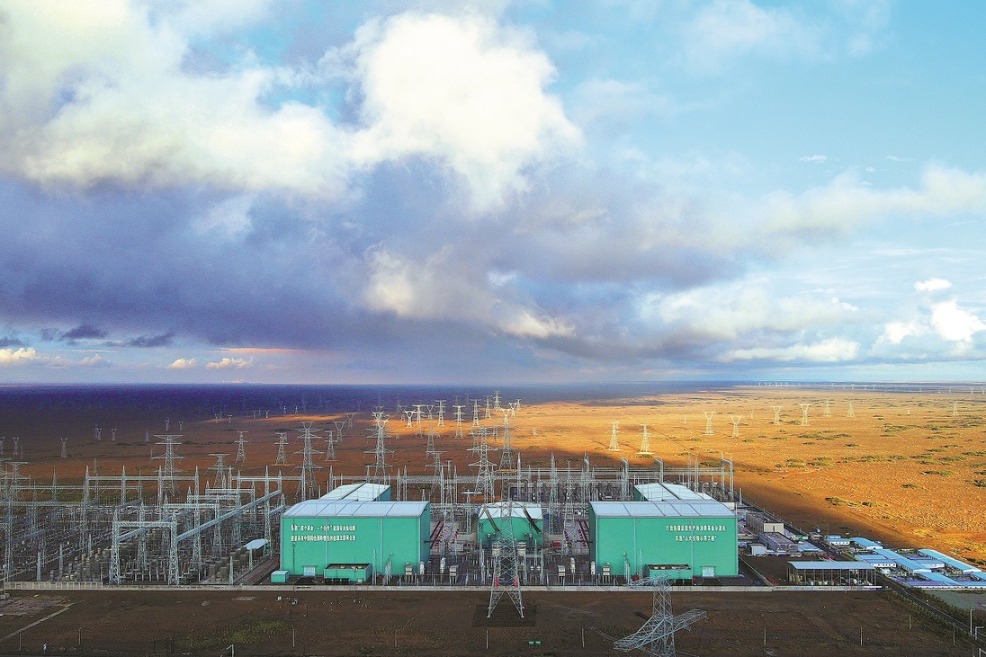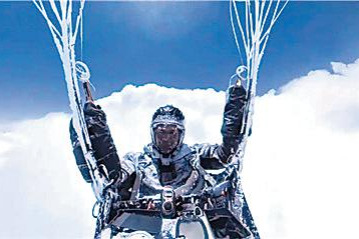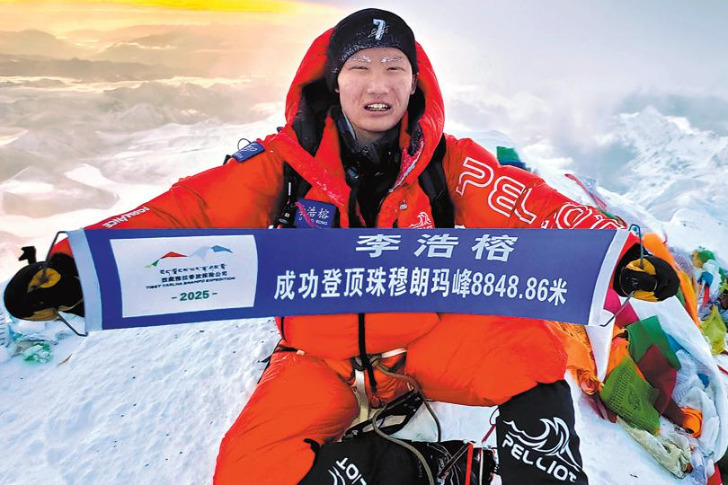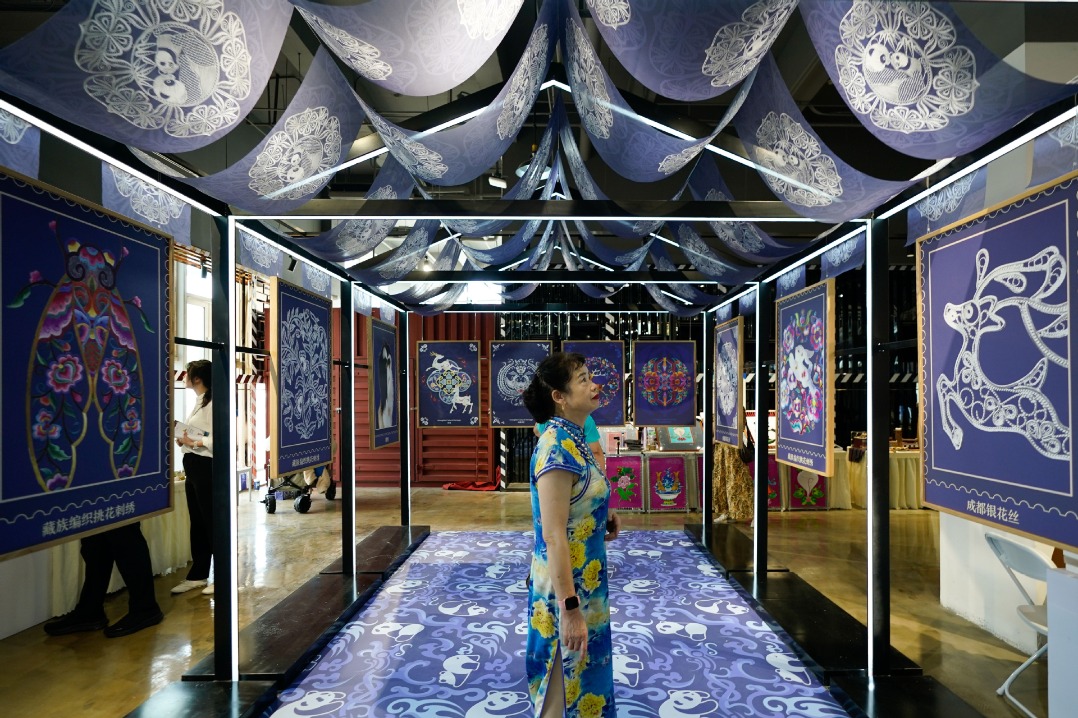Keeping Winter Olympics legacy alive in a big way

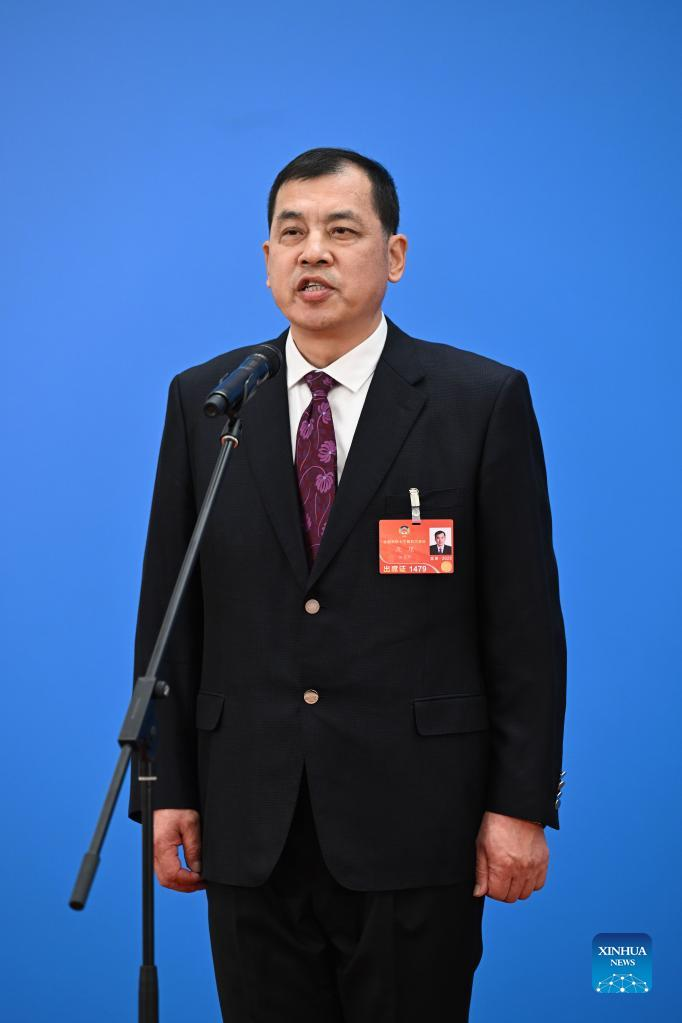
Visionary planning with an eye on post-Games use of venues and facilities will help extend the legacy of the Beijing 2022 Winter Olympics in a big way, said an organizer and political advisor.
Even though the Winter Olympics ended last month, competition venues and infrastructure prepared for the sports gala will continue benefiting winter sports development, urban revitalization and the tourism sector for years to come, said Shen Jin, a member of the 13th National Committee of the Chinese People's Political Consultative Conference.
"We've designed plans for reusing all venues prepared for the Beijing 2022 Winter Olympics, and sustainability has been the key all through, from the planning phase to the Games and now the post-Olympic era," Shen said before the opening of the fifth session of the 13th CPPCC National Committee at the Great Hall of the People in Beijing on Friday afternoon.
"A lot of the Winter Olympic venues were built for highly technical and difficult sports that not everybody can try. Yet, we'd planned it thoroughly. Each facility will be turned into a multi-functional venue after the Olympics to cater to sightseeing, conferences and outdoor leisure activities," said Shen, who is also the deputy director of the Beijing 2022 Winter Olympics' organizing committee's venue planning and construction department. "The Winter Olympics will bring positive changes to the hosting regions. The goal of hosting excellent sporting events has been realized and it's now time to make the legacy make sustainable impact."
Building on the excitement of the Winter Olympics, the Beijing 2022 Paralympic Winter Games opens on Friday night with over 600 para athletes from around the world readying to compete in 78 medal events at five of the 12 competition venues that were needed during last month's Olympics in downtown Beijing, the capital's northwest Yanqing district and Zhangjiakou in Hebei province.
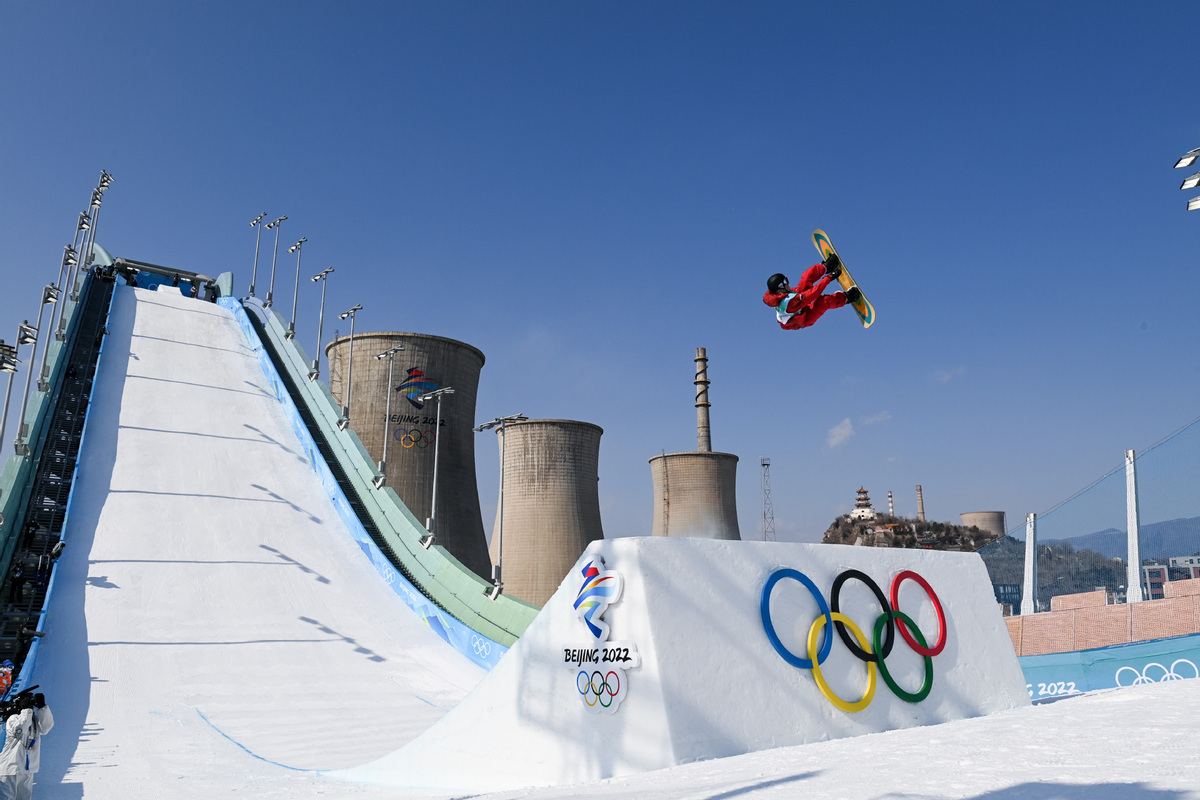
In fact, five of the main venues used at the 2022 Winter Olympics, including the National Aquatics Center and the Wukesong Arena, were built for the 2008 Summer Games, while the development of some new venues, such as the Shougang Big Air ramp, had been integrated into local urban renovation projects.
The Big Air ramp, which hosted the high-flying freeski and snowboarding events at the Winter Olympics, was built as part of the revitalization project in western Beijing's Shougang Industrial Park. What was once a steel mill became the stage for winter sports, cultural exhibitions, tourism and conferences in Beijing.
- Chinese defense ministry criticizes Hegseth's speech at Shangri-La Dialogue
- New books dissecting US myths published
- Dragon boat race kicks off in Hainan
- 80 years on, WWII stories still captivate Chinese youth
- When a century-old station becomes childhood memory
- Children's Day: Let your dreams fly high
















